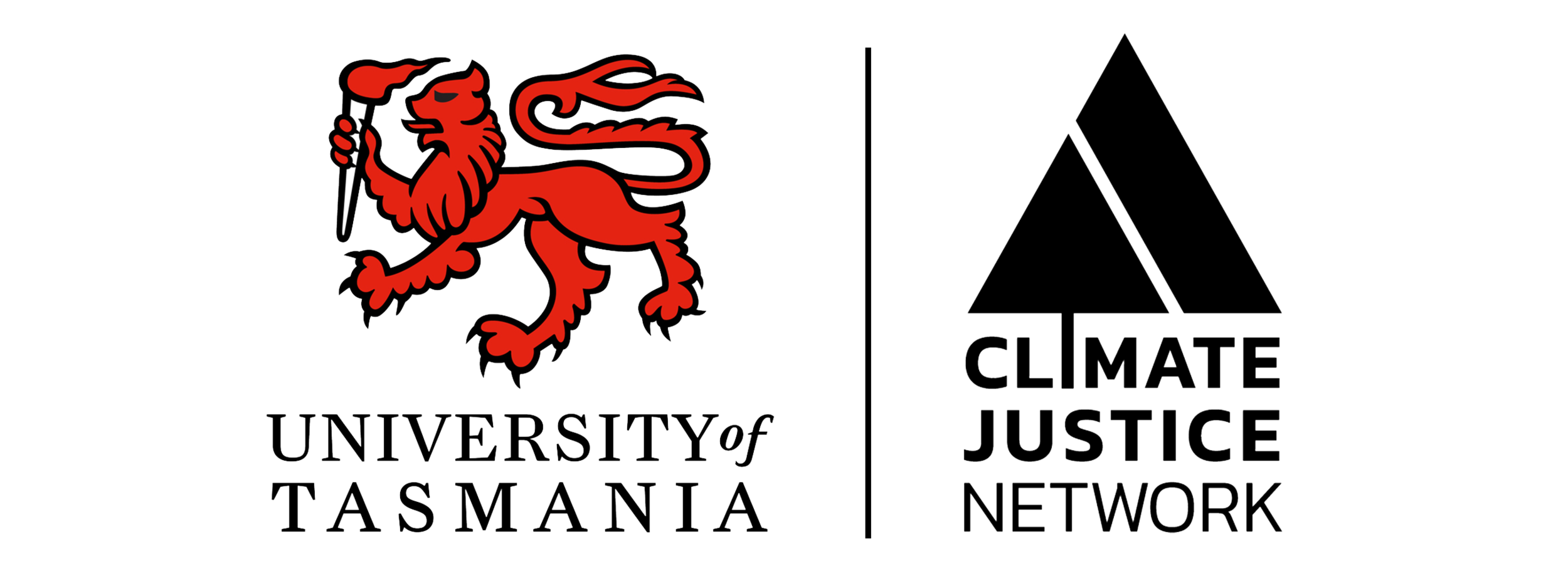Climate Justice: International Civil Society Perspectives
Matthew Stilwell provided an international civil society perspective and reflected on the ideas, movements and political agendas that provide an empirical basis for discussing what climate justice is and how it can be further advanced. Historically the global climate justice movement has evolved from many related struggles, including those around land, resources and rights, debt and structural adjustment, liberalization and deregulation. Networks have been formed both inside and outside the UN climate negotiations process, with a range of strategies being used. The African Renewable Energy Initiative was discussed as an example of an effective collaboration.
This talk was held at:
Imagining a Different Future
Climate Justice Conference
The University of Tasmania with the support of the University of Utrecht Ethics Institute hosted a multidisciplinary conference examining the barriers to responding to climate change, implementing climate justice, and proposing ways forward. Among the keynote speakers were Law Faculty Professors Jan McDonald and Ben Richardson. The Law Faculty's Dr Peter Lawrence co-convened the conference with Jan Linehan. The conference took place in Hobart from 8-9 Feb 2018.
Despite the Paris Agreement, there are real concerns the prevailing neoliberal economic and political model, particularly with the move to more insular, nationalistic, fragile politics, cannot respond effectively to climate change and excludes key considerations such as ethics and justice. Videos and Podcasts from the conference are available on the Knowledge Hub.
